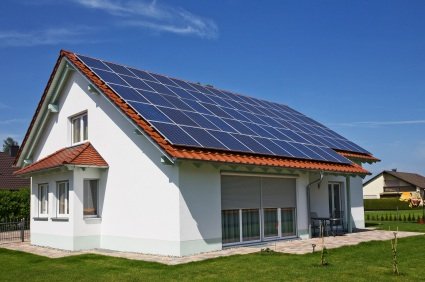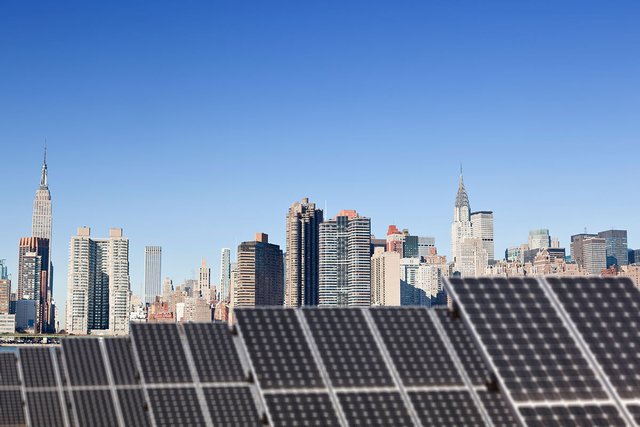Australia's Solar Blockchain Energy Grids

(photo credit: greenliving.lovetoknow.com)
Existing users of solar typically have options to sell their excess generated solar power back to the grid, but the problem is that energy companies have control over the rates at which they buy and sell this energy.
Power Ledger, though still at the trial stage now, is an exciting experiment in Australia using blockchain technology to enable the sale of surplus renewable energy generated at residential and commercial developments and at homes and businesses connected to existing electricity distribution networks, or within micro-grids, putting the ability to manage the energy economy into the hands of energy consumers.
Working with Ledger Assets, Australia’s biggest blockchain software company, Power Ledger hope to "enable producers and consumers to trade their energy directly – saving money, hassle and maximizing the use of clean, green, solar energy,” - Jemma Green (Research Fellow at Curtin University’s Sustainability Policy Institute & Power Ledger Chairwoman).

Australia is never short of sunshine (photo: geni.org)
Giving Solar Investors a Better Deal
By cutting out the middle man, the intention is to maximise the returns for each energy producer. It will be very interesting to see how the established energy companies respond to this if this new eco-friendly blockchain. In Spain, energy companies lobbied the government to reduce the feed-in tariffs and charge the auto-consumer a “network usage fee”, familiarly known in Spain as the “Sun tax”. This resulted in a decrease in sales of solar panels, but energy companies in Australia seem -so far- to be more supportive.
Leaner & Greener
With Power Ledger's P2P network, excess energy is likely to pass between closely connected properties - unlike with a national grid type system, resulting in significantly greater network efficiency. Furthermore, it could increase demand for solar panels, resulting in new installations that otherwise might not have been built before, increasing the planet's solar generation capacity.
A Solar Future?

Solar economy in New York (photo: FernandoAH/Getty)
This antipodean venture is by no means unique. Another project, run by a startup called Transactive Grid, is another example of what looks to become of a new kind of energy market, run by the consumers themselves, that has the potential to revolutionise the way in which power is generated and consumed. With so many benefits, it would not be surprising if blockchain-based energy companies started popping up like mushrooms over the next few years.
Excellent post and writing -- thanks. The sun and solar are the future!